#the duchess of malfi
Text
dontstandmedown replied to this post:
re:tags could you share the playwright you're talking about? :0
No problem! For others, the tags in question are this:
#thinking about this partly because the softer & gentler versions of fanfic discourse keep crossing my dash #and partly because i've written like 30 pages about a playwright i adore who was just not very good at 'original fiction' as we'd define it #both his major works are ... glorified rpf in our context but splendid tragedies in his #and the idea of categorizing /anything/ in that era by originality of conception rather than comedy/tragedy/etc would be buckwild
I am always delighted to share the good news of John Webster! If you're not familiar with him, he was an early seventeenth-century English playwright known for being a slow, painstaking, but reliable writer. He did various collaborations with other playwrights (and acknowledges a bunch of his peers in an author's note to The White Devil, including Jonson and Shakespeare) and wrote some middling plays in various genres that could be more or less termed "original fiction," but he's remembered for two brilliant, bloody tragedies.
The basic premises/plots of both of these were essentially ripped from the headlines of the previous century, and Webster makes zero attempt to conceal that fact.
I couldn't shut up about my guy so more under a cut!
The White Devil is based on the actual murder of Vittoria Accoramboni in the late sixteenth century and the characters in the play are generally given the same or similar names as the real life people in the story as known at the time, so there's no attempt to conceal the play's origins (the anti-heroine/villain???[debatable] is named Vittoria Corombona in the play, for instance).
The original production of The White Devil largely failed, which Webster blamed mainly on bad weather and an audience who just didn't get his ~vision and what he was trying to do. It would not be unsurprising for a contemporary audience to struggle with it given that it's a complicated play in which, among other things, Vittoria is put on trial and rhetorically shreds the underlying misogyny of the entire legal process.
The Duchess of Malfi, generally considered a still greater achievement, is based directly on the murder of Giovanna d'Aragona, Duchess of Amalfi by her brothers (it was presumed, likely correctly). Lope de Vega also wrote a play about this tragedy not long before Webster did, though the plays are very different and it's unlikely that Webster would have had the time or linguistic knowledge necessary to read Lope's version. Probably part of the reason for the differences between Lope's and Webster's takes is that Lope had to be careful about the reception by the Catholic Church given that one of the murderers was a cardinal, while obviously an English Protestant like Webster could say whatever he wanted about eeeeevil cardinals.
Webster takes a lot of artistic license, a normal approach at the time to adapting previously-established narratives, but the source material is very recognizable. One of the commendatory verses at the beginning of the play (blurbs in poetic form from other playwrights) is like "I'm sure the real duchess was cool but she couldn't be as cool as Webster's heroine, wow <3". (One of the other commendations is by another fave of mine, John Ford.)
Bosola, the historically mysterious minion of the Duchess's murderous brothers (=Bozolo in the historical narrative) gets an elaborate quasi-redemption arc in the play. And the play is extremely critical of various characters' obsession with and attempts to control the Duchess's sexual behavior (a fixation that is often extremely normalized in early modern British drama, but which comes off really badly here).
Ultimately this obsessiveness leads to her brothers, the Cardinal (=the historical Cardinal Luigi d'Aragona) and Ferdinand (=Carlo d'Aragona) orchestrating her torment and murder in which she emerges with her sanity and integrity intact and dies with dignity. Meanwhile, the Cardinal is exposed as a remorseless villain (he proceeds to murder his mistress with a Bible) and Ferdinand's already-shaky sanity snaps under the realization of what he's done.
Webster's Duchess is often considered the first real female tragic hero in British drama—the tragic is especially significant because tragedy was typically considered a higher art form than comedy and the truly great female characters from that era of drama are often restricted to comedies or secondary roles in tragedy (a marked trend in Shakespeare, for instance). The Duchess in the play is virtuous, strong-willed, witty, and fairly unabashedly sexual in the context of the time, a concept that several hundred years of critics have struggled with. (My favorite OTT complaint is from Martin Sampson, an early 20th century critic who lamented the conspicuous absence of a "strong active man, following righteous things" in Webster's work, to which I say l m a o.)
Anyway, among scholars of early modern British drama, Webster is often considered second only to Shakespeare as a tragedian, on the basis of those two plays. And the modern obsession w/ originality and novelty makes this kind of fascinating, given that his "original" work (in our sense—again, the original vs fanfic dichotomy was not a thing in that cultural context) is sort of meh but his work with pre-existing sources turns them into these staggering dramatic achievements.
#dontstandmedown#respuestas#renaissance blogging#john webster#the white devil#the duchess of malfi#anghraine's meta#ivory tower blogging#gender blogging#long post#i love vittoria and the duchess and also how pissy he is about people complaining about his slow writing#'yeah well that's what mediocre rapid content generators said to EURIPIDES and who do people remember now? THINK ABOUT IT'#okay okay i'll stop with My Guy but. he's pretty cool.
33 notes
·
View notes
Text
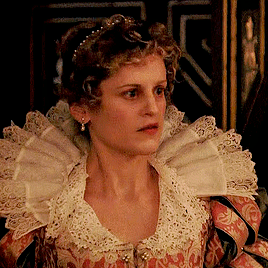
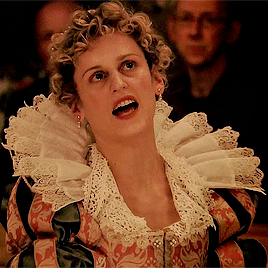

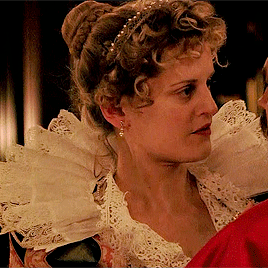
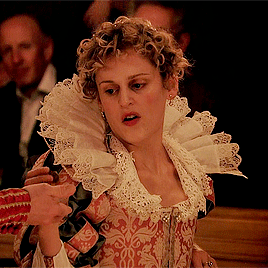


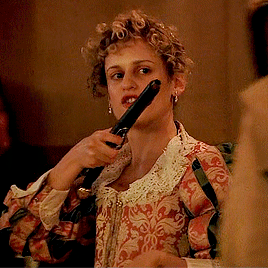
Denise Gough as Julia in The Duchess of Malfi (2014)
#The Duchess of Malfi#Denise Gough#Julia#DeniseGoughEdit#TheatreEdit#John Webster#Sam Wanamaker Playhouse#Shakespeare's Globe#gif#edit2#quality was not great i tried my best#densie gough kisses like she's getting drafted into the army in the morning
79 notes
·
View notes
Photo

Gemma Arterton in the stage production of The Duchess of Malfi (2014, Globe’s Sam Wanamaker Playhouse).
72 notes
·
View notes
Text
Gemma Arterton in The Duchess of Malfi
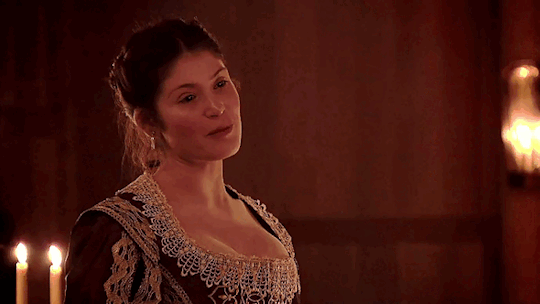
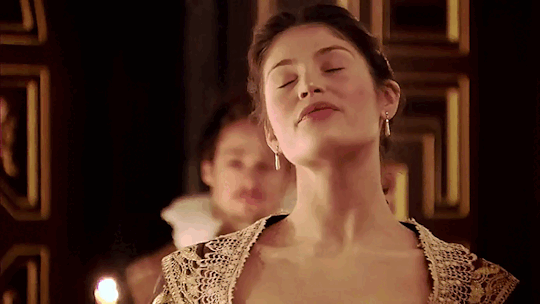
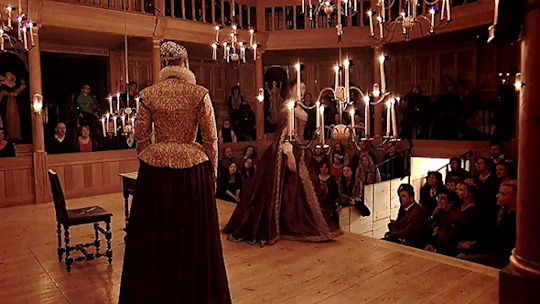
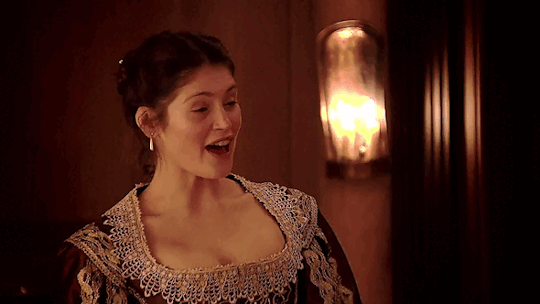

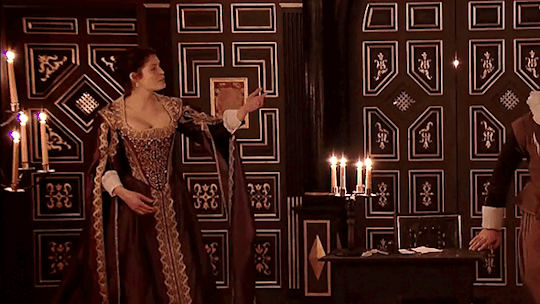
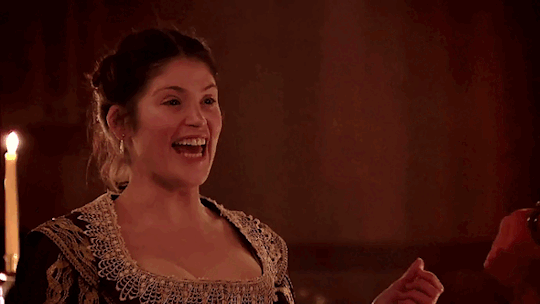
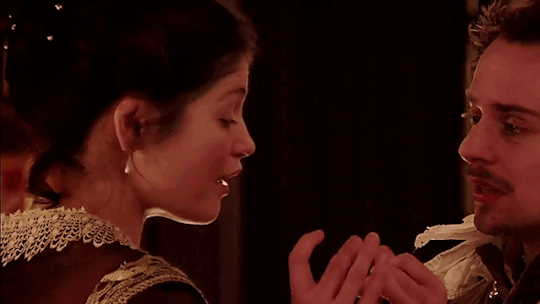
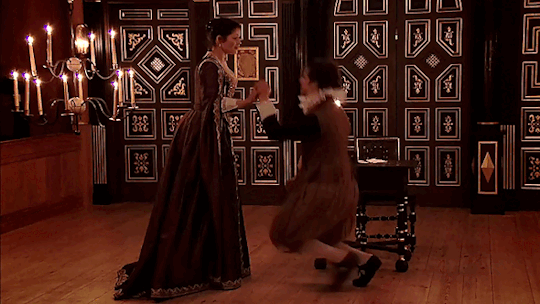
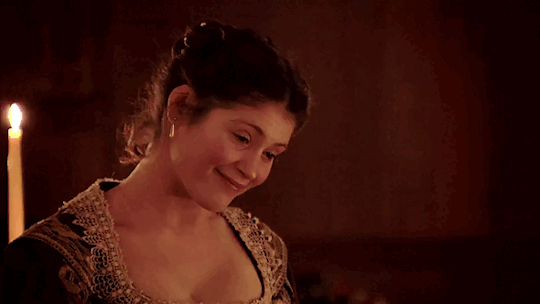
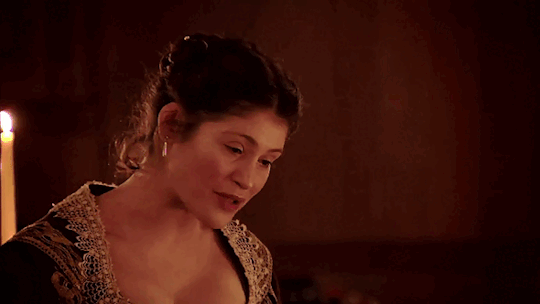
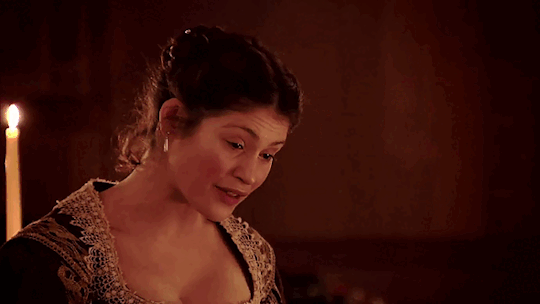
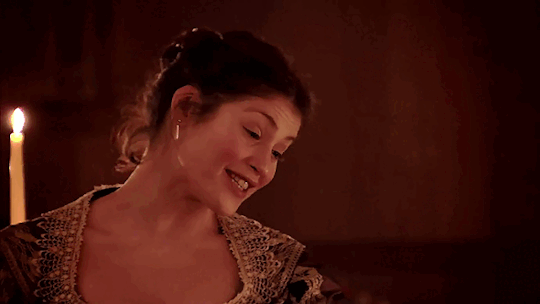
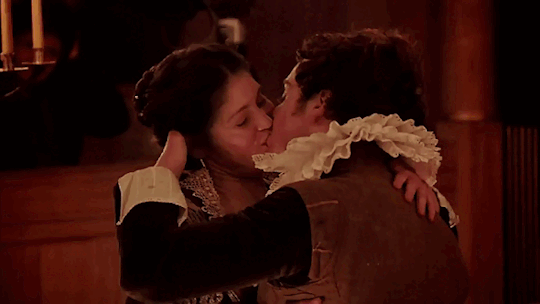
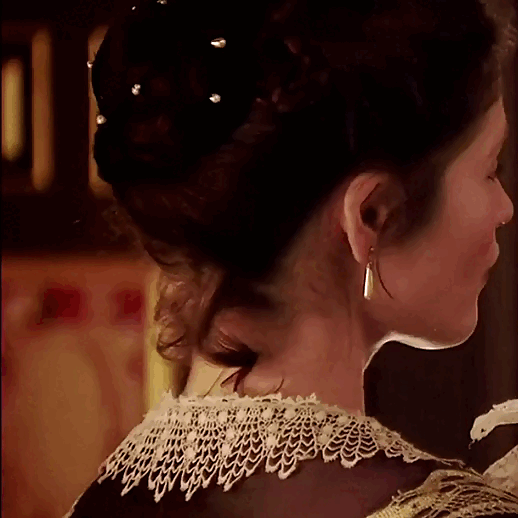
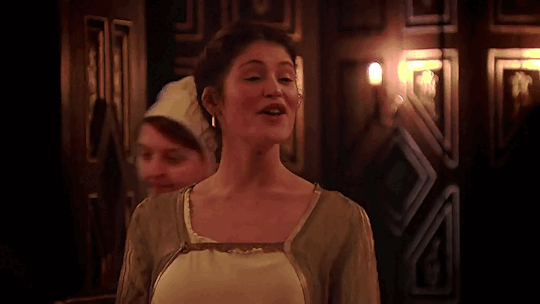
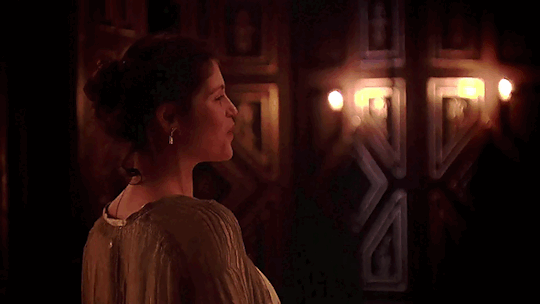
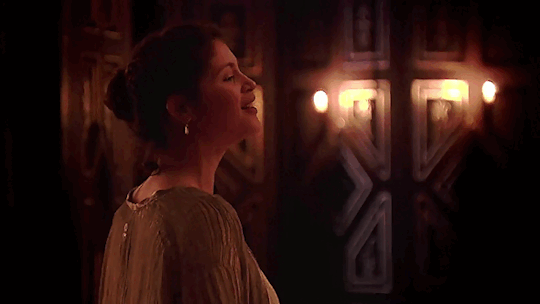
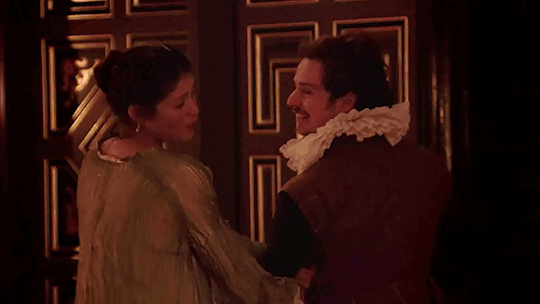
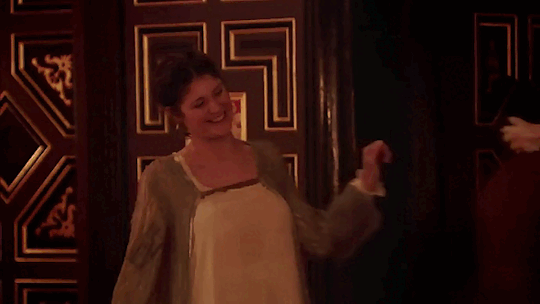

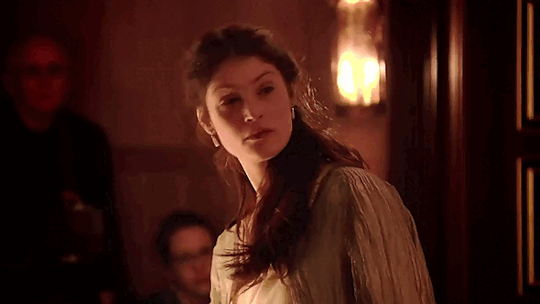
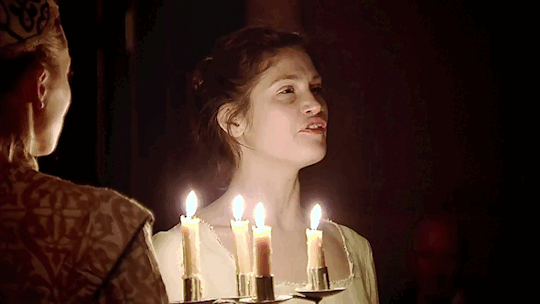
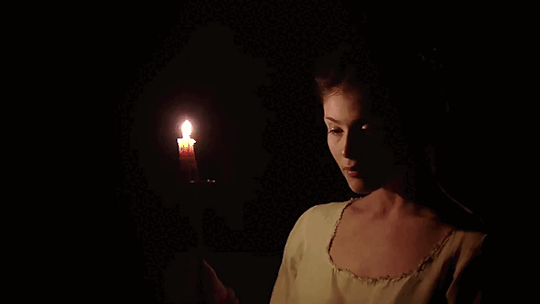
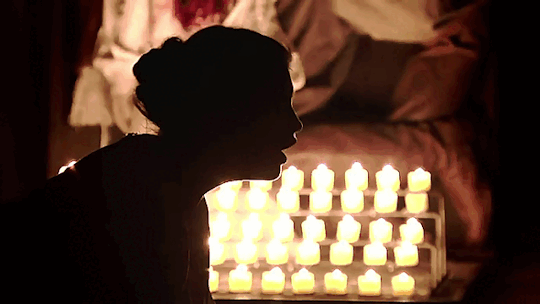
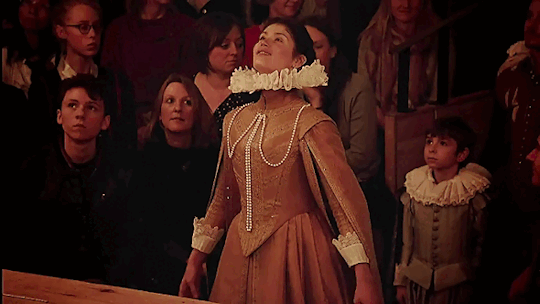
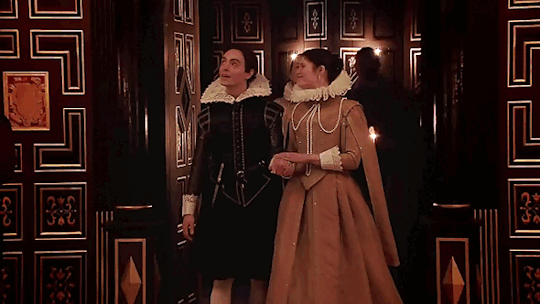
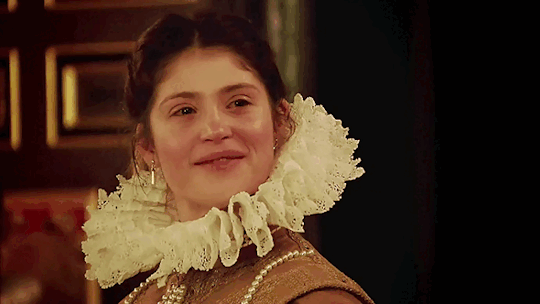
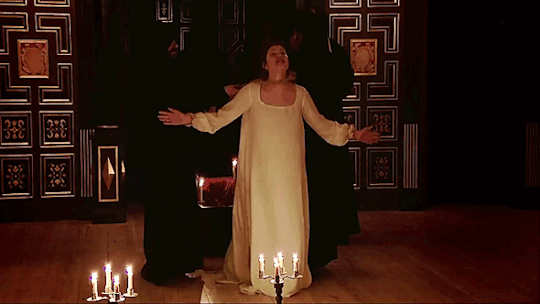
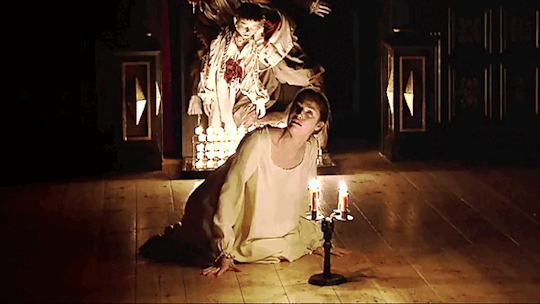
All of these gifs were made from scratch by me for roleplaying purposes. Feel free to use them as sidebars and reaction gifs. PLEASE DON’T CLAIM THEM AS YOUR OWN.
20 notes
·
View notes
Text
So this is really one of the most important reasons for my enormous crush on Roger Allam:-
He’s a big, imposing-looking man with (when he uses it that way) a big, imposing-sounding voice. And I don’t think I’ve ever seen or heard him play a role without bringing an astonishing amount of vulnerability to it, and as many layers as the character will take (including far more than many other even really good actors would find).
He has made me care about Duke Vincentio in Measure for Measure, Prospero in The Tempest, and Falstaff in the Henry IVs, all of whom (despite - arguably - not being actual villains) I usually cordially dislike. And he does so without his acting excusing any of their actions: his Duke still fucks up massively towards Isabella and does some seriously dodgy things; his Prospero is still extremely problematic in his behaviour towards, well, everybody frankly; his Falstaff is still cruel and venal. But my Gods, he shows how much pain they’re each in, how frightened each of them is. His Duke has severe depression and is flailing about much of the time and you get the impression he will do his best after the end to make it up to Isabella, that he gets that he’s messed up; his Prospero is terrified of losing both Miranda and Ariel and is desperately traumatised by all he’s gone through; his Falstaff plays a mighty good game and fools most people but underneath he’s a scared old man who knows his own failings with a horrible precision and whose love for Hal is like putting his heart in the mouth of a lion(’s whelp).
He made me care about Rogozhin in The Idiot so much (again, without in any way detracting from how horrifying the man is) that he was part of what I was crying about when I got to the end of that radio adaptation.
I already cared about Bosola in The Duchess of Malfi (again, despite everything he does - but that’s what Webster asks of us and he writes it beautifully) and then... bloody hell. Absolutely broke my heart.
Do I even need to bring up his Javert? ;-)
And as for when he plays characters who are broken and who don’t do awful things (Valjean in the radio Les Miserables) especially... Holy Fucking Shit.
So no wonder that I have that terrible need to hug both Douglas Richardson and Fred Thursday (and goodness me but when Fred messes up he really messes up, and Douglas is... Douglas). Not to mention Antoine Verlaque, though there I’m mostly just awfully glad he has Marine to hug him. :D
What I always want from actors is, well, those layers. That depth. That compassion. That honesty. That nuance. That thoughtfulness. Sheila Hancock once described Roger as a vulnerable actor and I’m very vindicated by this; he just doesn’t look like a vulnerable actor but then that’s a huge part of what makes those performances so devastating.
And then when you bring in the incredible vocal abilities (including his ability to sound like he’s talking quietly while filling a large theatre unmiced <3), and the extreme versatility... yeah. No wonder I’m a fanboy. :D
Oh lord, is he going to make me care about Azazel in The Sandman series 2?! I mean if anyone could make me do so... [fear]
#roger allam#shakespeare#william shakespeare#measure for measure#the tempest#henry iv#the idiot#the duchess of malfi#les miserables#cabin pressure#itv endeavour#murder in provence#the sandman netflix#the sandman netflix spoilers#sheila hancock#acting#aaaaaaaaaaaaah
62 notes
·
View notes
Text
i love being in a crowd of people experiencing a really old & fucked up play for the first time and having no clue what’s about to happen. the genuine shocked reactions to a full crowd watching the duchess of malfi?? UNBEATABLE
22 notes
·
View notes
Text
I think English Renaissance dramatists set so many plays in Italy because they just really liked the name Antonio.
#shakespeare#early modern drama#renaissance#renaissance literature#antonio#twelfth night#the merchant of venice#the tempest#the duchess of malfi#the changeling#the revenger's tragedy#much ado about nothing#the two gentlemen of verona
291 notes
·
View notes
Text

Robert Perdziola costume design for “The Duchess Of Malfi”
55 notes
·
View notes
Text
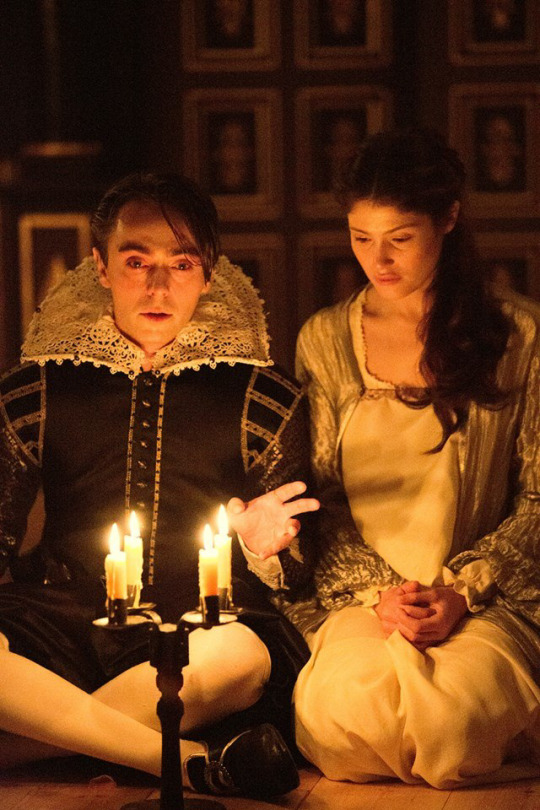
33 notes
·
View notes
Photo

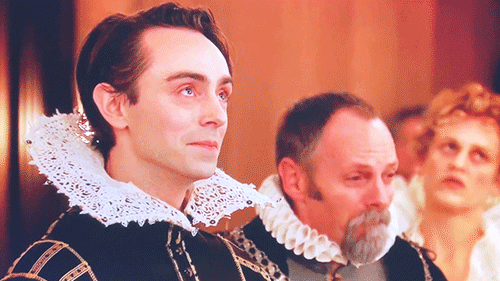

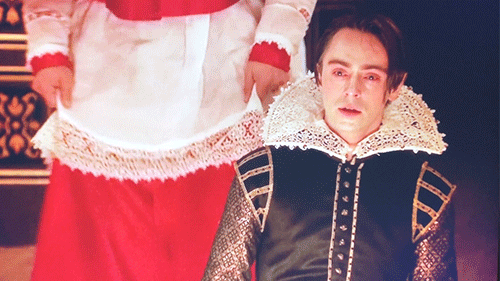




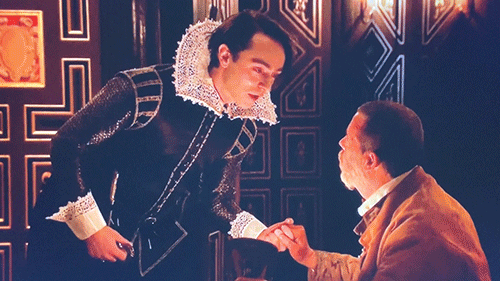
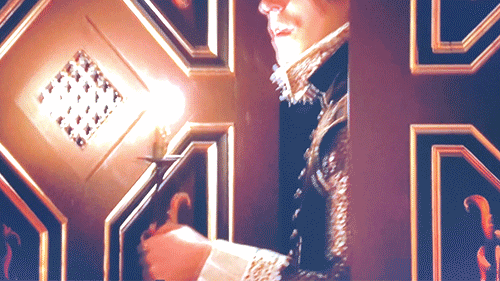
David Dawson as ‘Ferdinand, Duke of Calabria’ in “The Duchess of Malfi” by John Webster, performed at ‘Shakespeare’s Globe’
(Part 1 of... we’ll see)
I am blown away by David’s performance in this play. I have always been an avid admirer of fine acting and have enjoyed acting a lot myself. A character like that of Ferdinand with his rage and despair, his envy and madness has always seemed to me like one of the finest roles to play out there.
David delivered this part with a ferocity and fierceness that I think is hard to equal. Holy fucking shit what an actor! Why did I not stumble upon him before?!
(I do not like to create gifs where there’s talking, so a lot of his performance will be missing from these posts. But one of his scenes can be found on Youtube.
And access to watch the whole performance can be bought here.)
28 notes
·
View notes
Text
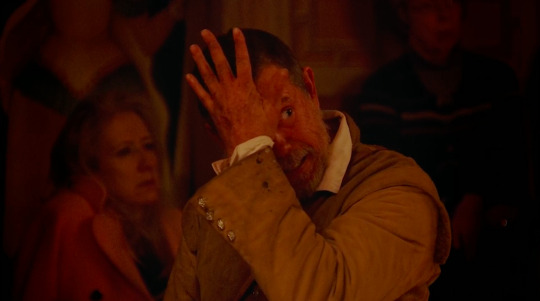

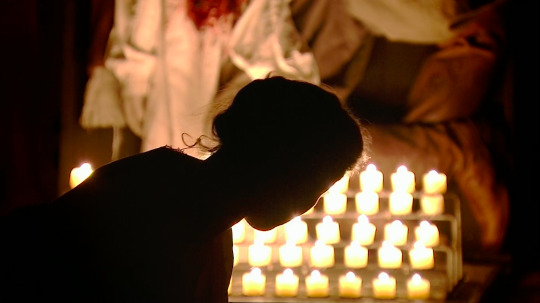






We are merely the stars' tennis balls, struck and bandied
Which way please them.
#it came to me and would not leave...#by me#the duchess of malfi#john webster#the duchess of malfi 2014#shakespeare's globe#theatre#webs#web weaving#quotes#words#writing#gemma arterton#david dawson
11 notes
·
View notes
Quote
You shall see me wind my tongue about his heart like a skein of silk.
John Webster, The Duchess of Malfi
42 notes
·
View notes
Text
*checks*
Nope, I am still not being remotely normal about Roger Allam. Nor do I see any prospect of becoming so.
Fortunately I don’t need to be. :D
#roger allam#itv endeavour#cabin pressure#sarah and duck#murder in provence#the thick of it#the duchess of malfi#the tempest#henry iv part 1#measure for measure#the idiot#les miserables#(both the musical and the radio series)#city of angels#he's just ridiculously talented and versatile and skilled and awesome
34 notes
·
View notes
Text
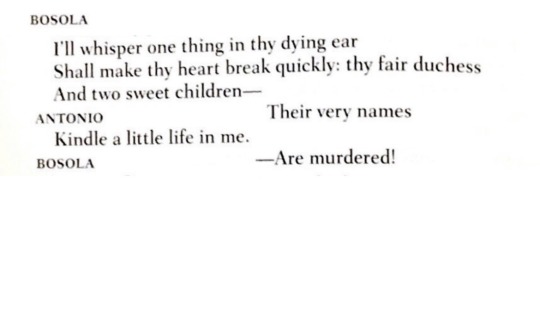
13 notes
·
View notes
Text
people follow me bc im hot and funny and then they have a conversation with me and it’s like babe who tf is daniel de bosola
4 notes
·
View notes